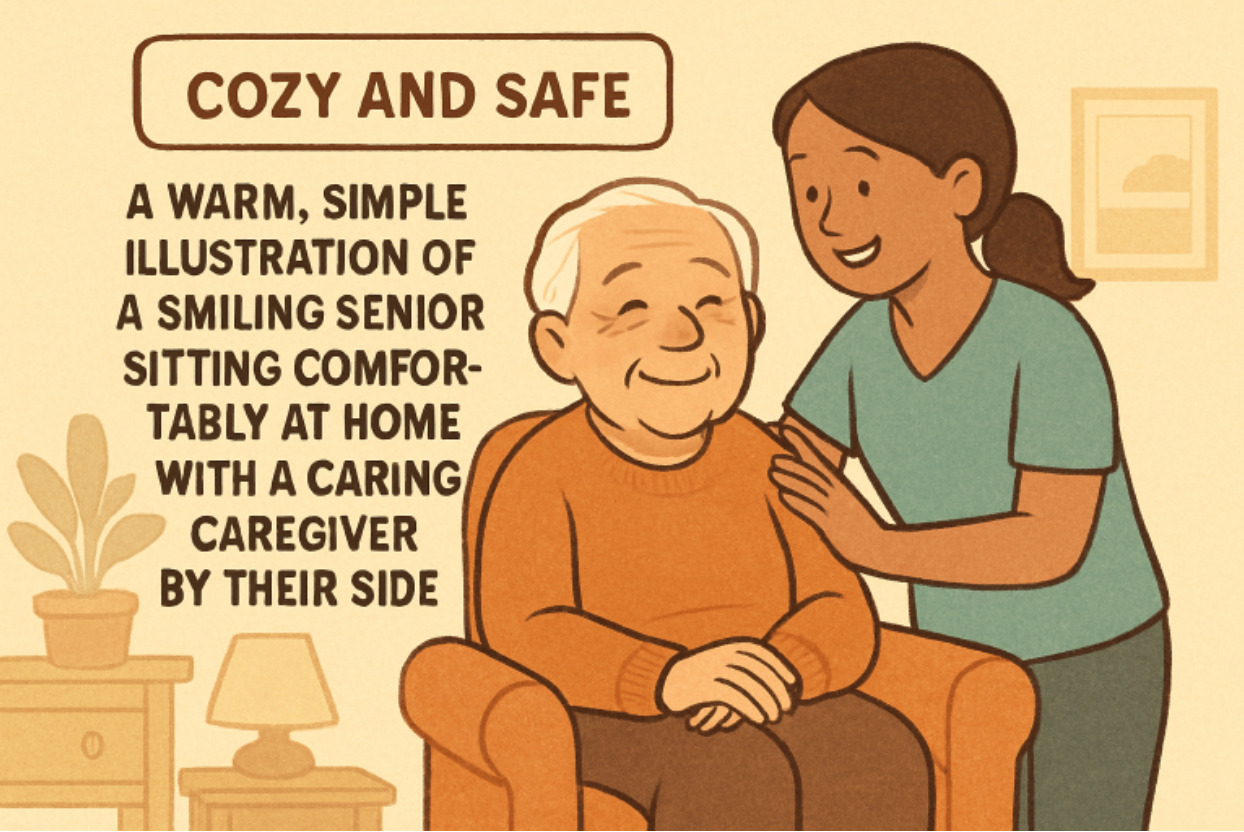Introduction
Aging gracefully in the comfort of one’s own home is more attainable than ever due to modern home care services. For many seniors, the ability to remain at home means preserving treasured memories and routines while receiving compassionate support. High-quality providers such as 1stmeridiancareservices.com play a pivotal role in turning this wish into a reality by offering specialized, person-centered care that enhances both physical and emotional well-being.
These services are designed to address the unique and evolving needs of seniors—from daily assistance to complex health needs—ensuring dignity, comfort, and safety. By building trust and rapport, experienced caregivers help older adults feel more at ease while still enjoying the familiarity and autonomy that home offers.
Promoting Independence
One of the core benefits of home care services is the promotion of independence. Aging adults may face challenges with mobility, memory, or general health that make daily routines difficult. Home care providers offer assistance with essential tasks such as bathing, dressing, grooming, and meal preparation, empowering seniors to continue participating in their day-to-day lives.
This tailored support helps seniors retain a sense of autonomy and self-worth. Instead of feeling reliant or burdensome to family, they can actively shape their routines and make choices. Ultimately, caregivers adapt their level of assistance according to the senior’s evolving needs, providing a balanced approach that combines encouragement and support.
Enhancing Safety
With advancing age, home environments can present new dangers—unsecured rugs, cluttered walkways, or poor lighting may increase the risk of falls and injuries. Home care professionals are adept at recognizing and mitigating these hazards. Through practical modifications and continual vigilance, caregivers create a safer living space for seniors.
Moreover, medication management is a critical component of home care. Ensuring that prescriptions are taken correctly and on time reduces the risk of adverse reactions, hospitalizations, and health complications. Caregivers’ ability to spot declining health or unusual symptoms enables prompt intervention and peace of mind for families.
Improving Health Outcomes
Modern home care embraces an integrated approach to health. Personalized care plans are crafted to address medical conditions, nutritional needs, and emotional wellness. Whether a senior is recovering from surgery, managing a chronic illness, or coping with the challenges of dementia, home care offers proactive monitoring and adjustment of routines.
Through regular assessments and collaboration with healthcare professionals, home care agencies ensure that evolving health conditions are swiftly addressed. This tailored care not only helps seniors manage disease but often leads to better health outcomes than institutional alternatives.
Combating Social Isolation
Social isolation is a significant challenge for many older adults, and the consequences can be profound, impacting both emotional and physical health. Home care services play a crucial role in combating loneliness by providing consistent companionship and meaningful engagement. Caregivers become familiar, friendly faces who offer conversation, listen to stories, and encourage participation in hobbies or activities.
According to the National Institute on Aging, maintaining regular social contact is essential for healthy aging and for reducing the risk of depression and cognitive decline. Through genuine connection, home care professionals help transform routine days into opportunities for laughter, support, and fulfillment.
Leveraging Technology for Enhanced Care
Technology has revolutionized home care, making it safer and more responsive. Tools such as remote monitoring systems, emergency response buttons, and medication reminders help caregivers ensure safety without disrupting the senior’s sense of independence. Seniors and their families can remain connected and reassured, knowing that professional support is always within reach, even from a distance.
These technological advancements enhance personal care by giving families insight into their loved ones’ well-being and by providing alerts should an urgent situation arise. The integration of technology has ultimately empowered seniors to remain in their homes more confidently and securely.
Supporting Family Caregivers
Caring for an aging loved one can place tremendous emotional and physical demands on family members. The decision to introduce professional home care often alleviates this burden, helping families restore healthier roles and relationships. By entrusting daily tasks such as personal care, medication management, or transportation to experts, loved ones can focus on nurturing meaningful moments with the senior—whether sharing stories over dinner or simply enjoying each other’s company.
Conclusion
High-quality home care services offer far more than daily assistance—they nurture independence, reinforce safety, support health, and promote emotional connection. With a carefully personalized approach, these services empower seniors to age with dignity and joy in the comfort of their own homes. Families, too, benefit from the peace of mind and enhanced relationships that professional care can provide.



